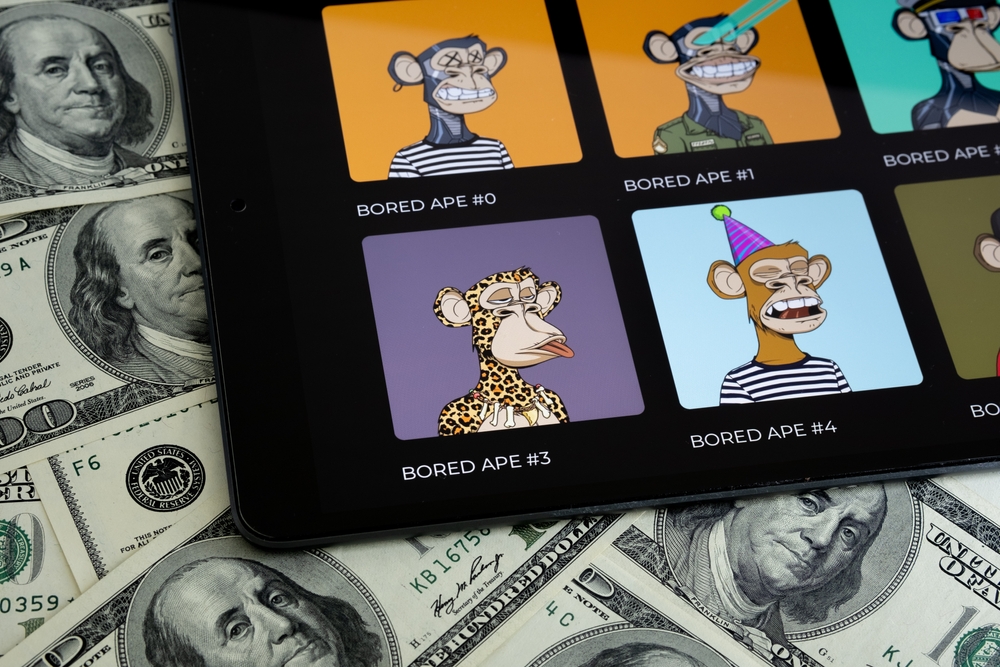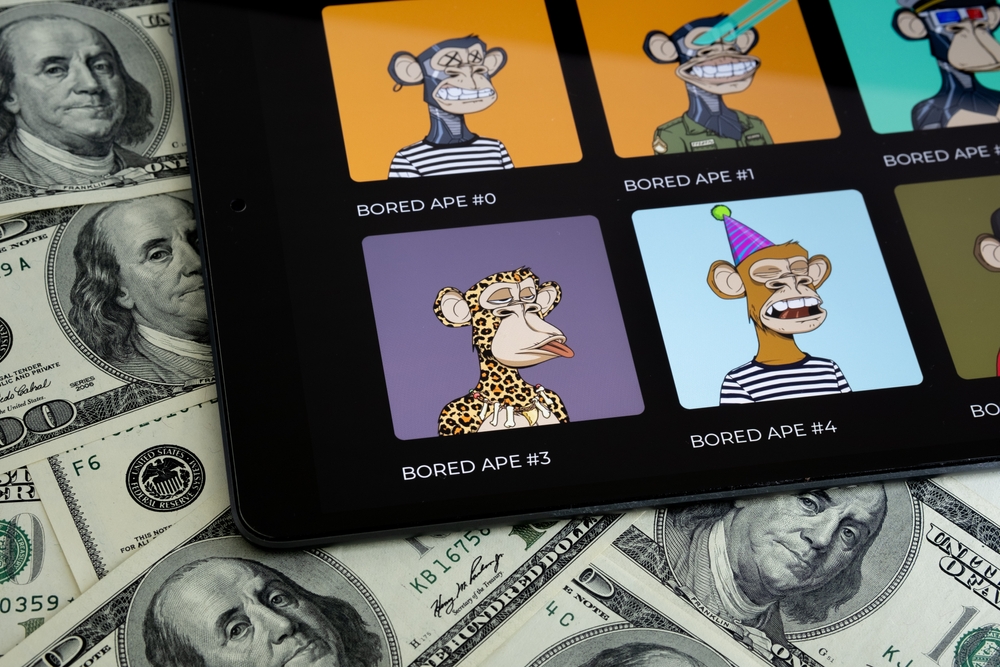Volker Hartzsch: Using NFTs to Grow Your Business
Volker Hartzsch is an entrepreneur who has built and sold 19 companies in the space of 22 years. As co-founder and director of Block Prime, he benefits from specialist expertise in blockchain and tech development. This article will look at non-fungible tokens (NFTs), exploring the different ways that business leaders can use NFTs to grow their enterprises.

For companies seeking to leverage NFTs in order to grow their business, this can be achieved via several channels. NFT membership passes can be used to provide gate access to superfans, incentivizing membership by offering discounts and exclusive access to specific services or items. The business benefits from the initial mint revenue, as well as royalties generated from secondary sales of NFTs. In addition, NFTs can be beneficial to marketing efforts by enabling members to showcase their membership via social media platforms.
A business may opt to sell NFT-based tickets to sporting events, live performances or conferences. Stored on the blockchain, NFT-based tickets help companies to reduce the risk of scams like ticket forgery. Billionaire Mark Cuban recently revealed that the Dallas Mavericks team is exploring potential avenues for turning tickets into NFTs. As Mr. Cuban pointed out, NFT-based tickets could allow consumers to resell tickets, allowing them to make a royalty.
A company may decide to offer a loyalty programme to customers based on their purchase history in order to increase customer retention and engagement. Businesses could use NFTs as a means of tracking repeat purchases and rewarding customers for their loyalty. Unlike traditional loyalty programmes, NFT loyalty programs allow customers to showcase their connections with brands better, which in turn helps to promote the business.
Creating and selling digital collectibles is an excellent option for musicians and artists who want to provide customers with unique products.
Blockchain is the backbone of NFTs. Each time an NFT is sold or bought a digital record of that event is stored on the blockchain. This makes authentication easy, as behind each transaction is data – making it simple to identify who owns what. With a Rembrandt painting, the art investor needs to hire an expert to inspect it and verify its authenticity. With blockchain, on the other hand, the authenticity of an NFT is easy to verify.
NFTs gained huge traction in 2021, with trading volume hitting $17 billion that year. NFTs present scope to demonstrate ownership of unique digital assets. Businesses operating in a broad range of different industries have started their own NFTs, particularly companies operating in the fashion, sports and entertainment sectors. In 2022, Starbucks unveiled plans to issue NFTs as an extension of the company’s loyalty program. Other prominent companies that have issued their own NFTs include Burger King, Hasbro, Taco Bell, Adidas, Nike, and Louis Vuitton.


